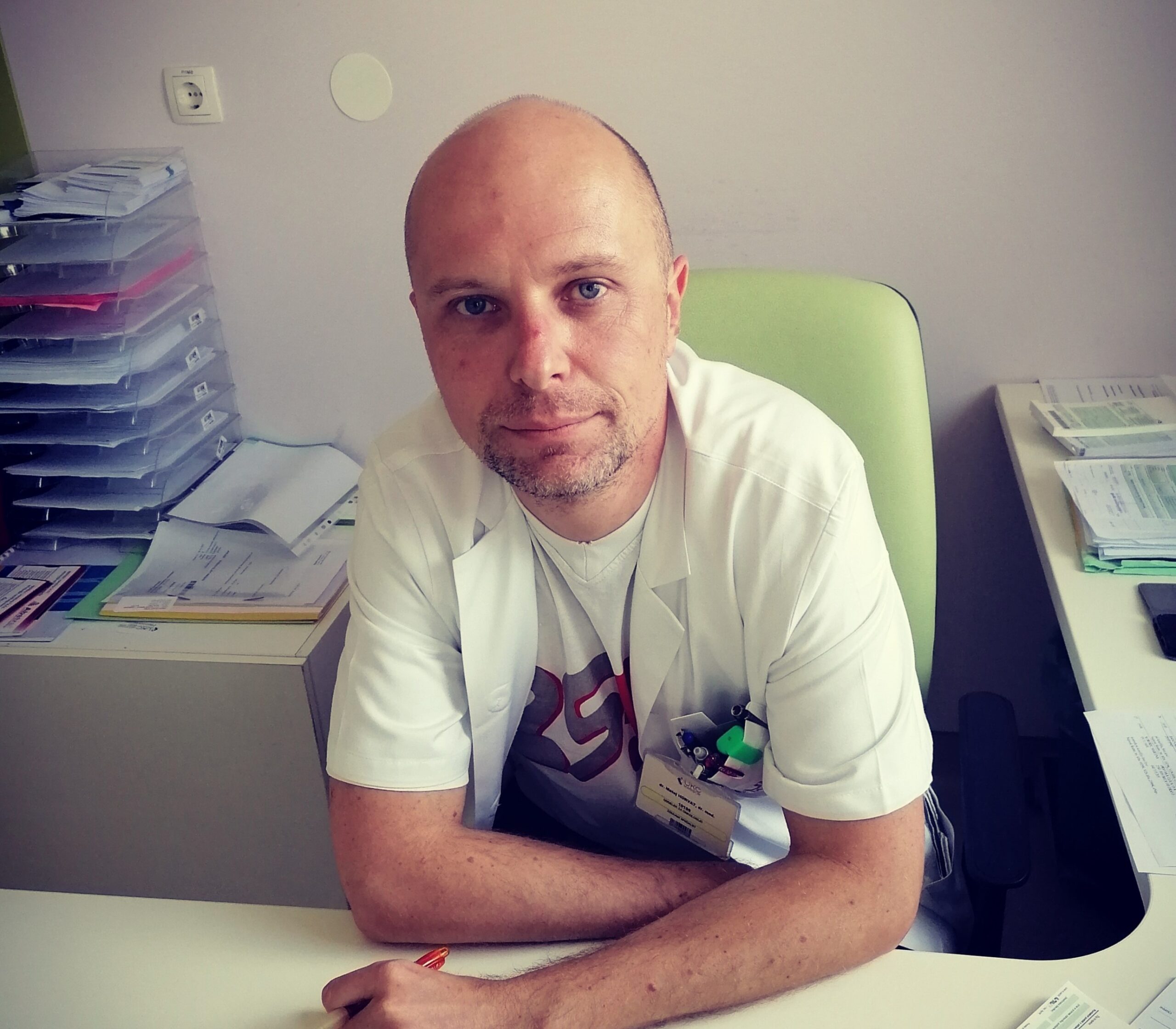
The follow-up period is important because many patients experience long-term side effects that are not addressed properly
Interview with Dr. Matej Horvat, MD, PhD, Medical oncologist, Department of Oncology, University Medical Centre Maribor, Slovenia
Dr. Horvat, what motivated you to join the PERSIST clinical study?
My main motivation was the focus of PERSIST clinical study on improvement of quality of life of cancer survivors. In general, medicine is very focused on the process of treatment, but not as much on the follow-up period. This period is as important because many patients experience long-term side effects that are not addressed properly. And these long-term side effects have a substantial influence on the quality of life and long-term medical outcomes. Next to that PERSIST also addresses the risk factors of daily behaviours, which also influence the quality of life and long-term medical outcomes.
Did the study change your relations with the participating patients? How?
We have more contact with these patients, but in general, I do not believe that the study changed my relations with participating patients, but we see a lot of motivation from the side of the patients.
What are your expectations from this clinical study? What are the potential benefits it can bring for your work?
My expectations, in general, are to be able to identify risk factors such as long-term side effects and risk factors of daily behaviour for an individual patient. All this can in the end influences clinical decision making, such as a referral to another specialist doctor.
How can the results of this clinical study change clinicians’ professional practice?
The results can give us more insight into the daily life of our patients. In general doctors and other healthcare professionals have a very limited amount of time for the patients, especially in the follow-up period. The results of PERSIST should be able to provide us with a tool to be more efficient in our patient care.
Do you have any recommendations to this or other similar clinical studies?
Modern technology has become an important part of our lives. It can help us in our decision-making, but we must identify which aspects of it can help us in our daily clinical practice. The results of PERSIST are going to help us to implement modern technology in everyday clinical practice and helpfully provide better care. My general recommendation to investigators in clinical studies of this sort would be, to motivate as many patients as possible to participate in them. We have to emphasize that their inclusion will help us to discover better tools to help them.
Interview taken by Maja Molan
Source: UKC Maribor
